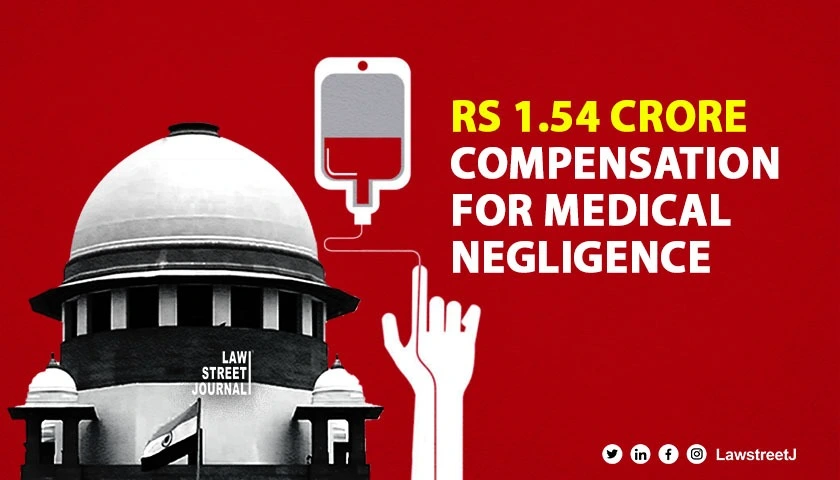Three labour codes introduced by Labour Minister Santosh Kumar Gangwar were passed by the Rajya Sabha and Lok Sabha. These codes comprise a part of the four codes that are included in the 29 Central Labour Laws.
Opposition Congress leaders Manish Tewari and Shashi Tharoor openly opposed these bills. Their reasoning was that bills introduced in 2019 were “published for public consultations.” These bills were withdrawn by the government and “moved the fundamentally changed 2020 Bills, without further consultation.” They also said that the Codes were not ‘pro-labor’ and were a ‘blow’ to the rights of the workers.
The salient features of these three Codes are explained below:
This bill gives power to the state government from exemption of new factories from the provisions laid down in the code. The objective behind this is to accelerate economic activity and employment.
“The Bill defines factory and any premises where the manufacturing process is carried out and it employs more than:
- 20 workers for premises where the manufacturing process is carried out using power, and
- 40 workers for premises where it is carried out without using power.
Any place where hazardous is carried out is defined as “Establishments engaged in Hazardous Activity” irrespective of the number of workers
It also restricts contract labor employment for core activities, except in the following cases:
- The normal functioning of the establishment is such that the activity is ordinarily done through a contractor
- The activities are such that they do not require full-time workers for the major portion of the day, or,
- There is a sudden increase in the volume work in the core activity which needs to be completed in a specified time”.
It has specified 8 hours in a day to be the daily work hour limit.
According to the Bill, all industrial establishment with 300 workers or more have to draft standing orders regarding the matters that are enlisted in a Schedule to the Code, such
- Classification of workers
- Manner of informing workers about work hours, holidays, paydays, and wage rates
- Termination of employment
The new bill has altered the earlier provision which stated that “where once an establishment is covered under the provisions related to standing orders, these provisions continued to apply even if its employee’s strength reduced below the threshold (100 workers) at any time thereafter”.
It also provided that any establishment which has at 300 workers is mandated to take prior permission of the government before they commit the acts of closure, lay-off, or retrenchment.
The 2020 Bill has amended the definitions of some terms in the Code. Some of these important amendments are enumerated below:
- The definition of ‘employee’ has been expanded to include ‘workers employed through contractors’
- The definition of ‘inter-state migrant workers’ has been expanded to include ‘self-employed workers from another state’
- The definition of ‘platform worker’ has been expanded to ‘additional categories of services or activities as may be notified by the government’
The Bill also provides that the central government is empowered to apply the Code to any establishment through the way of notice.
![All You Need to Know About the Three Labour Codes Cleared by Parliament [READ LABOUR CODES]](/secure/uploads/2020/09/lj_2140_rajy.jpg)






